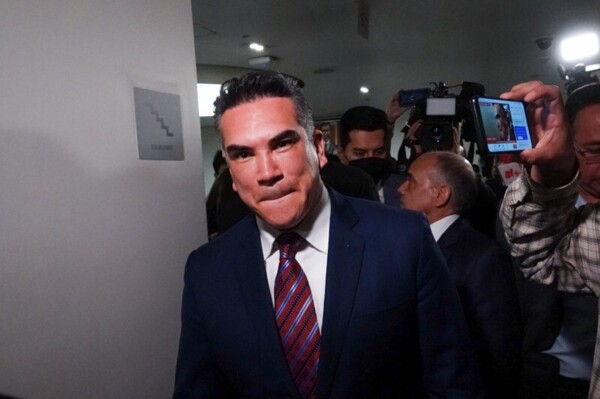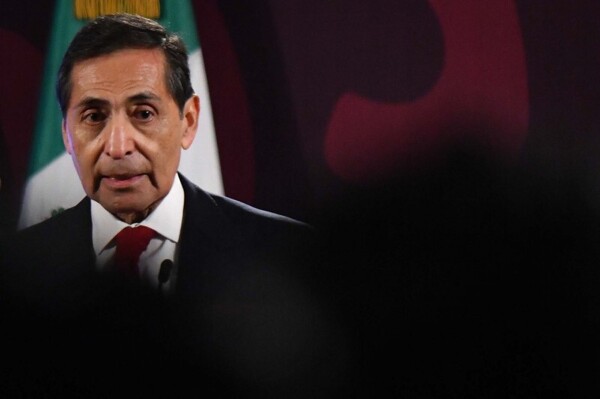
The recent constitutional reform in Mexico has raised concerns about the process of selecting judges and magistrates in the country. It has been pointed out that the current electoral rule may favor the majority to the detriment of minorities, which would negatively impact pluralism and representation in the Court.
The modification proposes that each citizen must vote for nine candidates at once to integrate the Court, with five women and four men. This has generated criticism, as in the hypothetical case of an election where 55% supports the ruling party and 45% other options, the majority could occupy all the contested positions.
This voting system would also apply to specialized regional chambers and the Electoral Tribunal of the Power of the Federation, which would limit the representation of minorities in these bodies. Furthermore, the election of district judges and magistrates would also be subject to these rules, which poses a risk to the diversity of perspectives in justice.
While it is argued that this measure seeks to ensure gender parity in the Court, it is criticized that this objective could have been achieved by allowing voters to choose a single person without affecting that parity. The concern lies in the fact that the majority might take all the positions at stake, excluding minorities and limiting the representation of different schools of thought in Mexican justice.
Amid this debate, the transparency and legitimacy of this electoral process are questioned, raising doubts about the independence of the judiciary and its ability to represent the interests of society as a whole. In this scenario, it is crucial to thoroughly review and debate the implications of these electoral rules to ensure a strong and representative justice system for all Mexicans.














